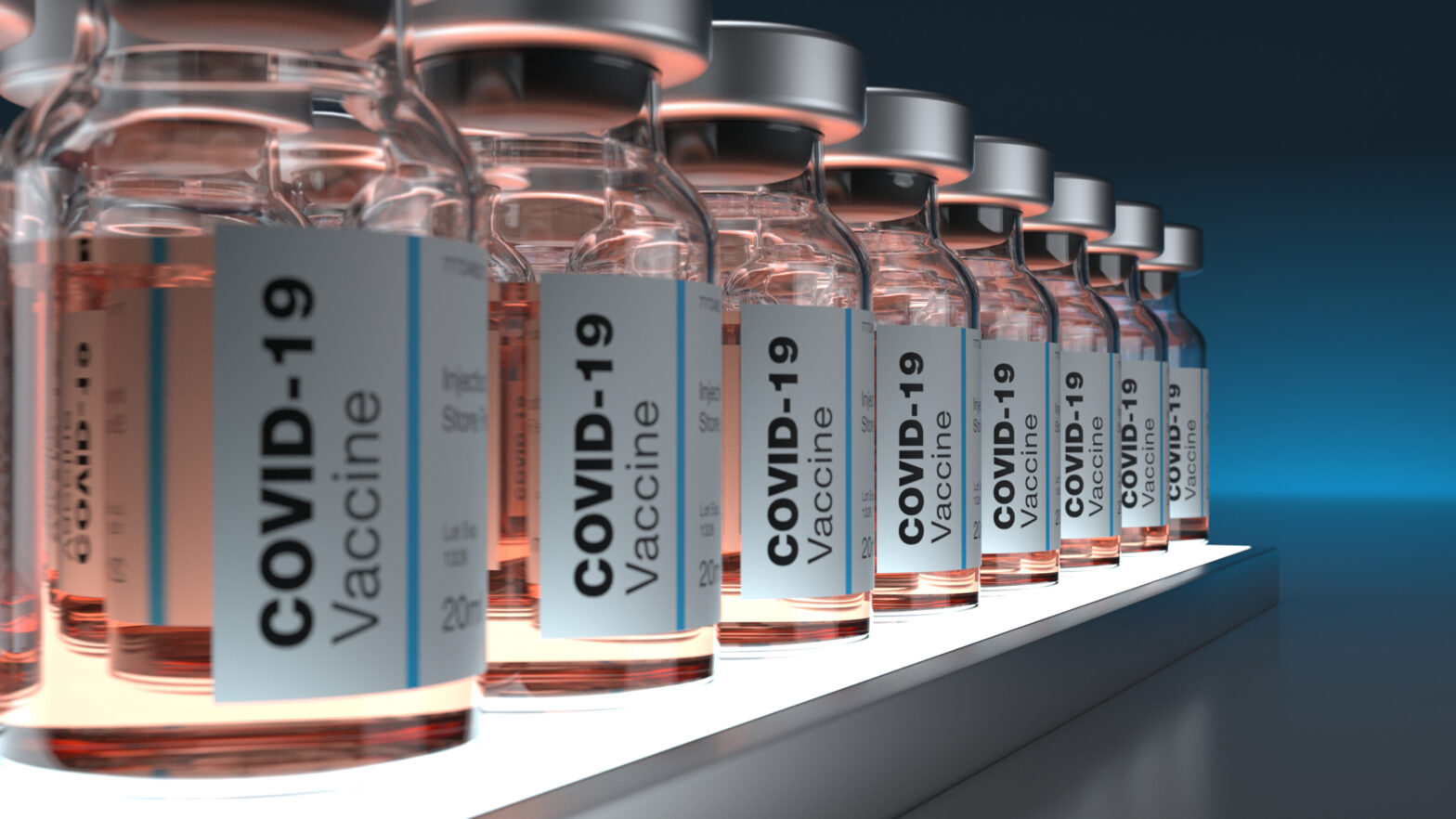| Synopsis An unprecedented push to manufacture billions of doses this year alone has led to supply bottlenecks, putting firms such as Pfizer and AstraZeneca Plc in the firing line of angry government customers. Now the industry is taking heat for closely guarding its intellectual property. |
The discovery of multiple safe and effective Covid-19 vaccines has been the reputational boost the pharmaceutical industry needed. As science has caught up to the coronavirus, the price-inflating antics of Martin Shkreli and manufacturers’ roles in the opioid epidemic have faded into the background while people literally raise their glass to drugmakers like Pfizer.
An unprecedented push to manufacture billions of doses this year alone has led to supply bottlenecks, putting firms such as Pfizer and AstraZeneca in the firing line of angry government customers. The potential adverse effects of sticking needles into people’s arms are dominating headlines, as seen with the halting of the Astra vaccine in Canada and Europe even as regulators insist the benefits outweigh the risks.
Now the industry is taking heat for closely guarding its intellectual property. That’s blamed for what the World Health Organization dubs a “catastrophic moral failure”: the immunization gap between the developing world and deep-pocketed rich countries, which have ordered enough doses to cover their populations several times over.
If vaccine makers were to waive exclusive rights to manufacture their product – an idea pushed by 58 countries at the World Trade Organization including India and South Africa – advocates say that supply would bloom and we would exit the pandemic quicker. The push for a “people’s vaccine,” backed by the likes of Bernie Sanders, is popular with three-quarters of British voters and almost two-thirds of French people polled by YouGov.
Unlike in past crises such as HIV/AIDS, cracking open the recipe for Covid vaccines, especially those from Pfizer and Moderna is only half the battle given the complexity of genetic technologies making their debut in this pandemic. Manufacturing is a challenge too, and there isn’t much time for trial and error.
We haven’t quashed this virus yet and letting the pharma industry’s pandemic halo crash to the floor won’t help get us there any faster. Finding constructive ways to keep the public’s romance with drugmakers last a little longer makes sense, even if it doesn’t make money.
The economic impact of biosimilars on the Australian health care system is now clearer, with data revealing their role in reducing market expenditure and driving price competition.
The Chinese Golden Week impacts Ocean Freight Shippers for two main reasons:
Donald Trump’s tariffs of 50% have come into force on most US imports from India. India’s giant generic pharmaceuticals sector and its electronics and petroleum products are exempt from the tariffs. Aluminium, steel and copper remain at 25%, but job-heavy sectors such as textiles, jewellery, seafood and leather are squarely in the line of fire.
The European Chemicals Agency (ECHA) has published the updated proposal to restrict per- and polyfluoroalkyl substances (PFAS) under the EU’s chemicals regulation, REACH. The update has been prepared by the authorities from Denmark, Germany, the Netherlands, Norway and Sweden, who submitted the initial proposal in January 2023.
Most chemicals exported from the 27 member countries of the European Union into the US will be subject to a 15% tariff on top of their selling prices under an agreement signed on July 27 between the US and the European Commission.
We’re thrilled to announce a new strategic alliance between ExSyn, Exim-Indis and simABs, a leading EU-based biologics manufacturer known for its patented continuous flow technology in antibody production.
The global trade landscape is undergoing significant changes following the announcement of new reciprocal tariffs by the United States government. Recent developments indicate significant shifts in global trade dynamics, with key policy adjustments, ongoing negotiations, and evolving logistics patterns. Below is a summary of the latest developments.
In January 2025, the US FDA published a draft regulatory guidance entitled “The Considerations for Use of Artificial Intelligence to Support Regulatory Decision-Making for Drug and Biological Products”.
The adoption of artificial intelligence (AI) and large language models (LLMs) is rapidly reshaping clinical research and drug development.
